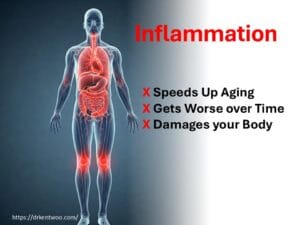Breathe Easy: Understanding and Controlling Asthma
Let’s talk about asthma.
Not the textbook version, but the real-life, wheezing that squeezes your chest version.
The wake up in the middle-of-the-night-coughing version.
The one that leaves you gasping and wondering, “Is this ever going to stop?”
So… What Is Asthma, Really?
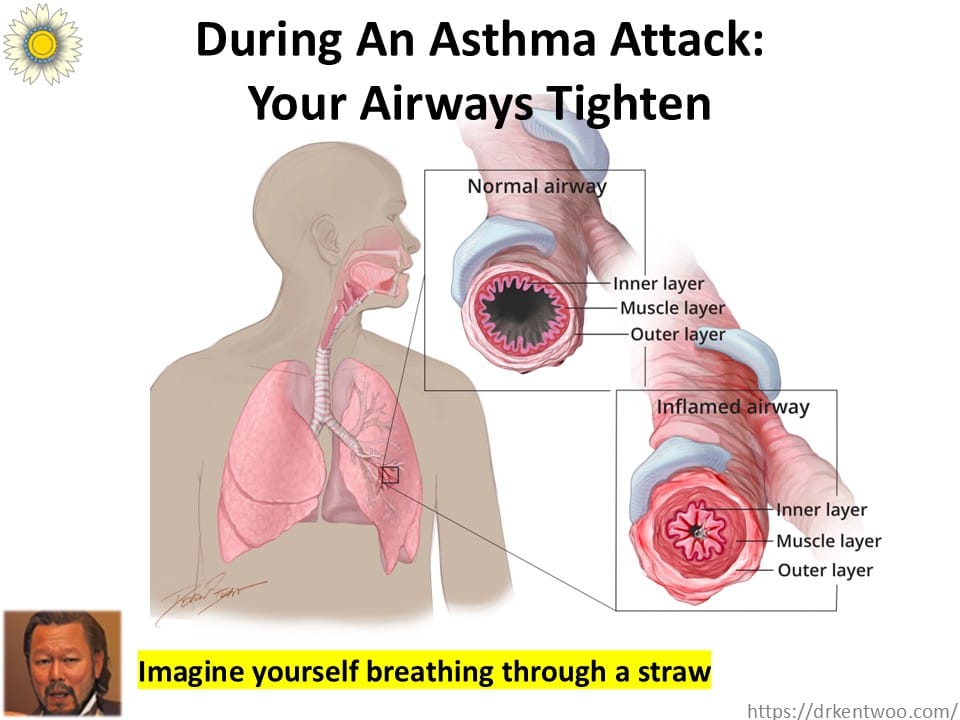
Asthma is a chronic inflammatory condition of the airways.
It means your airway surfaces are always a little irritated and extra sensitive. When triggered, the airways tighten, swell up, and produce extra mucus.
This leads to:
- Wheezing (that whistling sound you hear when breathing out)
- Chest tightness (like an elephant sitting on you)
- Shortness of breath (especially during exercise or at night)
- Coughing (especially after laughing, running, or sleeping)
The good news? With the right care, asthma is controllable. You just need a solid plan—and the right doctor.
Can Asthma Really Affect My Life That Much?

Yes. And No.
Yes—if it’s uncontrolled, asthma can turn your world upside down. You’ll avoid going out and live in fear of your next attack. Even simple things like laughing too hard or walking upstairs can be stressful.
But No—if it’s well-controlled, you can live normally. Travel. Play sports. Sleep peacefully.
That’s what asthma control is all about. We’re not aiming for “better.” We’re aiming for “normal.”
Early Signs: Could It Be Asthma?
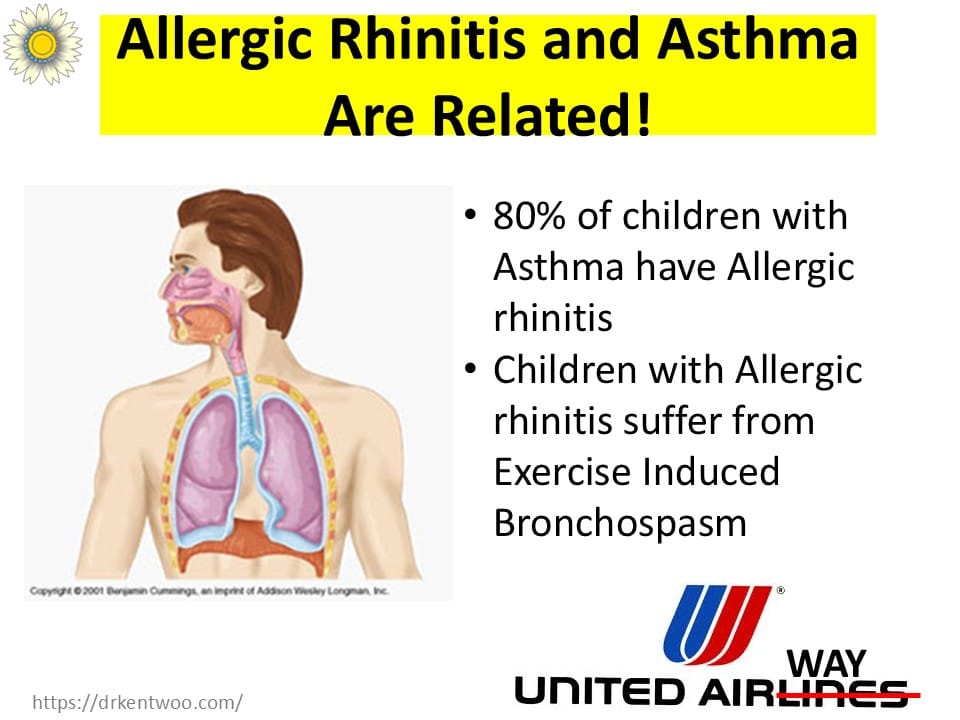
Wheezing is the classic sign. But asthma wears disguises.
Chronic cough (especially at night or after running)? That could be it.
Children who start coughing after playing or wake up coughing at night? Don’t ignore it. It might not be “just a cough.”
If your cough lingers for more than 8 weeks—or always seems to follow exercise—it’s time to see your doctor.
Will My Medications Stop Working Over Time?
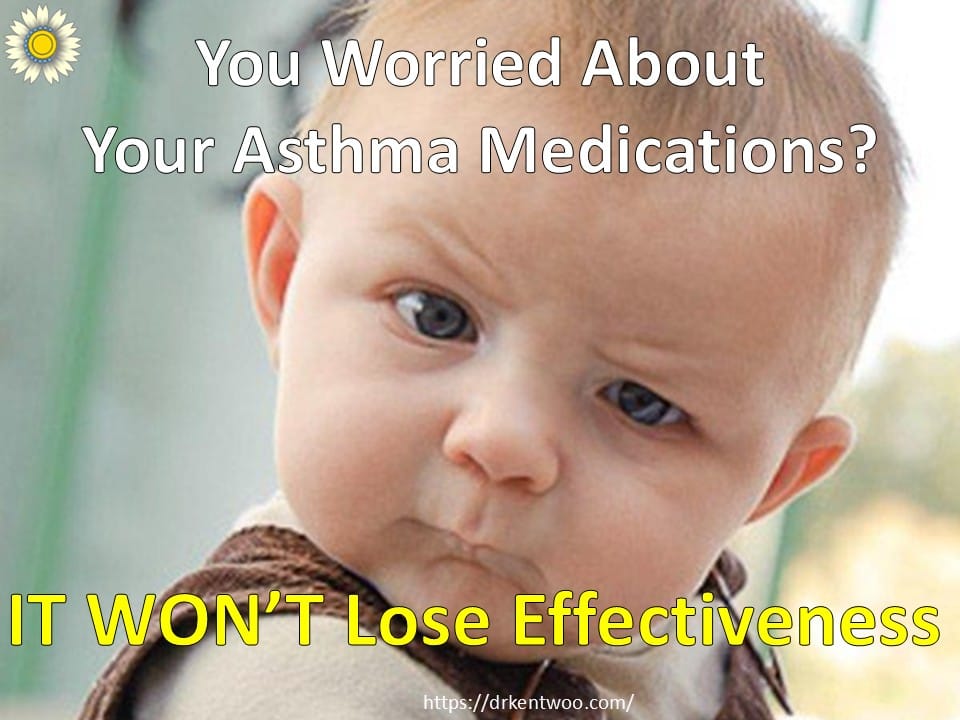
Let’s bust that myth right now.
Asthma meds don’t “wear out.” When used correctly, they reduce airway inflammation and actually help you need less medication in the long run. It’s uncontrolled asthma that causes damage—and makes you need stronger medications.
So don’t fear the inhaler. Use it properly. It’s your lung’s best friend.
👉 [Click here to find out about: Growth Concerns About Asthma Medications]
Asthma Management: What’s the Goal?
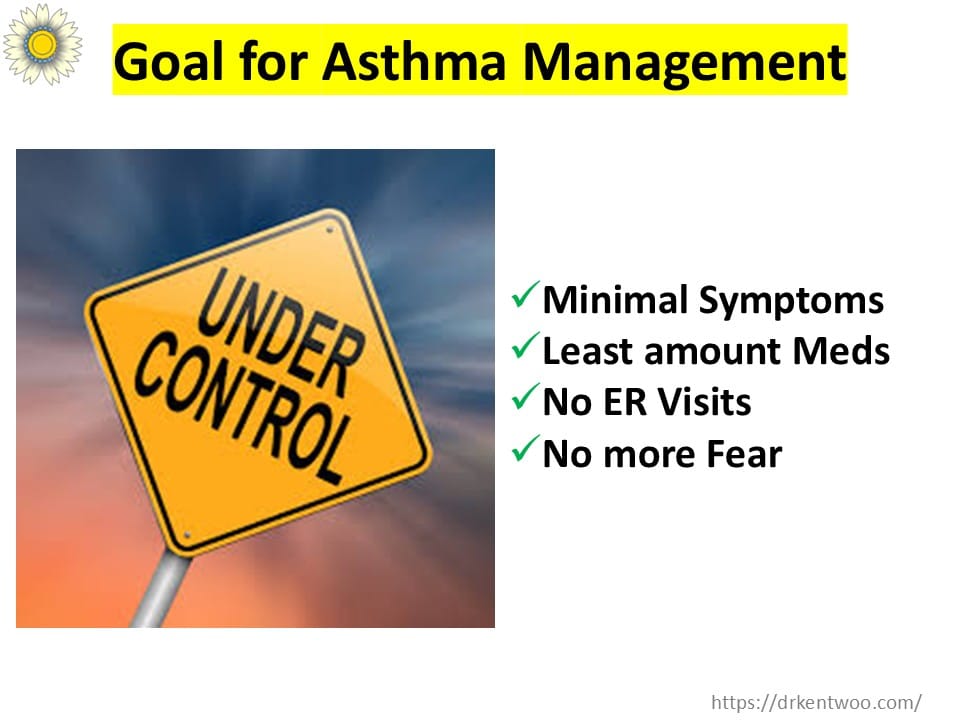
In one word? Control.
We want:
- No daytime symptoms
- No nighttime coughing
- No ER visits or hospitalizations
- Full participation in school, work, and life
- Minimal reliance on rescue inhalers
It’s not just about treating flare-ups—it’s about preventing them from happening in the first place.
Getting an Allergy Test done helps identify potential triggers for your asthma. Proper avoidance strategies can implemented.
An Allergist Immunologist can also recommend allergen specific immunotherapy as a treatment for your allergies.
👉 [Click here to find out about: Allergen Immunotherapy for Allergy]
Let’s Build Your Asthma Action Plan
Whether you’re newly diagnosed or tired of living with unpredictable flare-ups, let’s get your asthma under control.
📌 Schedule your asthma consultation today and breathe easier tomorrow.

